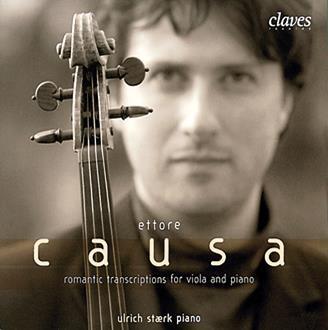
The Strad Issue: January 2007
Musicians: Ettore Causa (viola) Ulrich Staerk (piano)
Composer: Tchaikovsky, Brahms, Granados, Chopin, Saint-Saëns, Scriabin, Prokofiev, Debussy, Rachmaninoff, Schumann, Fauré, Mendelssohn & Ysaÿe
The viola world may not be awash with compositions, but I feel cheated when the debut disc from an outstanding performer relies on arrangements of works better known elsewhere. Born in Naples, Ettore Causa enjoyed an education that included among his mentors Yehudi Menuhin, Alberto Lysy and Michael Tree. A period at the Manhattan School of Music preceded his appointment as principal viola of the Carl Nielsen Philharmonic in Odense, Denmark, and more recently he became a member of the Swiss-based Aria Quartet.
Technically he is a very secure and accomplished player who makes the instrument sing throughout its register, and his warming vibrato never obtrudes into the overall texture. He is also keenly aware of the instrument’s weighty dramatic opportunities: the Brahms Scherzo makes a massive statement with the piano also giving a weighty presence. That atmosphere returns in an enterprising adaptation of a dance from the first act of Prokofiev’s Romeo and Juliet.
Causa makes strong and detailed use of dynamics, with Granados’s Spanish Dance full of nuances, but most notable is his certainty of intonation high on the instrument when, for instance, the mercurial Saint-Saëns Allegro appassionato sends him scurrying around the fingerboard. Maybe the viola lacks the sense of vivacity required for such works as the first and third of Brahms’s Hungarian Dances, which here sound more ready for elephants.
I find the two Chopin études bizarre in these adaptations, and I began to lose interest, deeply wishing Causa had given us something of lasting value. Very good accompaniments, though, and pleasing recorded sound.
DAVID DENTON




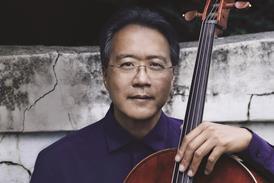




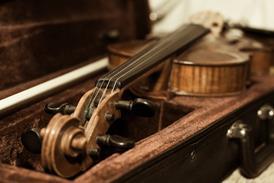
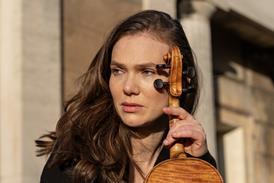
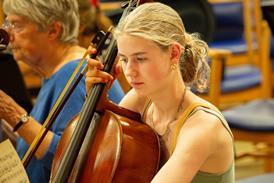




























No comments yet